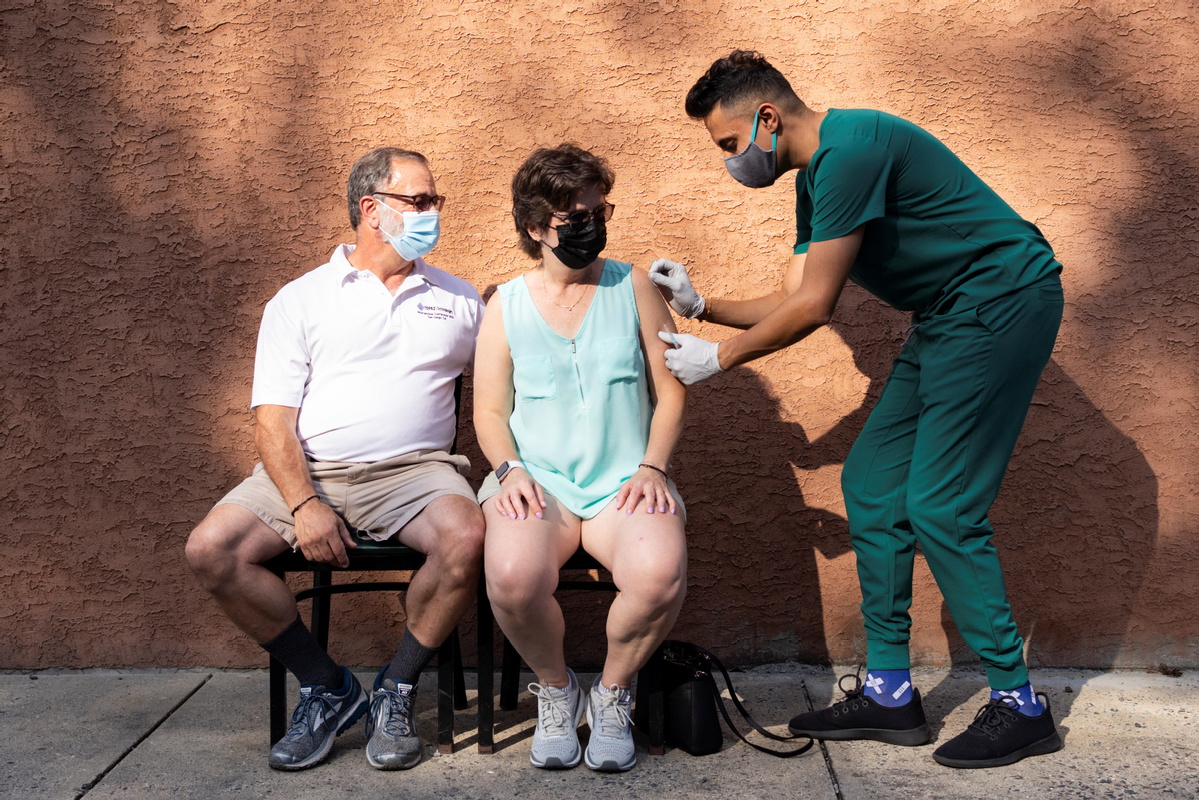US COVID-19 vaccination uneven, high rates among federal personnel


As other industries with workers in public-facing roles, like airlines and hospitals, have moved toward requiring COVID-19 vaccines, "retailers have dug in their heels, citing concerns about a labor shortage", reported The New York Times (NYT) on Thursday. "A portion of one of the country's largest work forces will remain unvaccinated."
At the heart of the retailers' resistance is a worry about having enough people to work. In a tight labor market, retailers have been offering perks like higher wages and better hours to prospective employees in hopes of having enough people to staff their stores and distribution centers, according to the report.
The industry showed how strongly it feels about the issue this month when the (Joe) Biden administration directed companies with 100 or more workers to mandate vaccines or weekly tests by Jan 4. "Five days after that announcement, the National Retail Federation sued to stop the effort," said the report.
Meanwhile, according to the Centers for Disease Control and Prevention (CDC), as of Tuesday, only 13 percent, or slightly more than 3.5 million of the nation's 28 million children from ages 5 through 11, have already received their first dose of COVID-19 vaccines, in the month since that age group was granted eligibility.
"The central goal of vaccinating children against the coronavirus has largely been for their own health and, more broadly, to ease the strain on school and day care systems that are in a perpetual cycle of shutdowns, testing and re-openings as children become infected," said NYT in another report on Thursday.
For some families with several generations or worrying about a family member with a severe illness, the vaccine for young children is a crucial barricade of protection for the others. "It's a hug recovery program, with giant stakes," said the report. Immunized children have also become a force shield for families in places where overall vaccination rates are low.

































